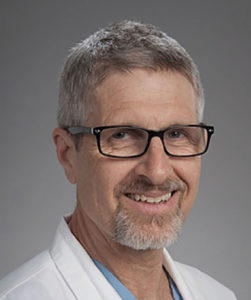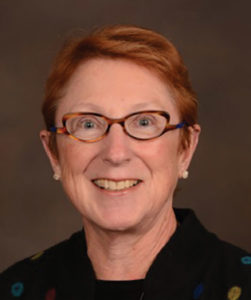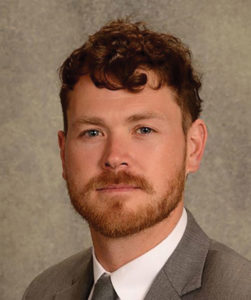Best Practices for Safe Medication Administration during Anesthesia Care
Sponsored by the APSF Committee on Technology
Deadline for Submission: June 15, 2018
The Anesthesia Patient Safety Foundation seeks to recognize organizations that have made significant advances in safe medication administration during anesthesia care. Best practices in any of the areas of safe medication administration covered by the STPC paradigm* – Standardization, Technology, Pharmacy, Culture – will be considered for the award. Special consideration will be given to practices with well described processes that complement patient care workflow and integrate documentation with the EHR. Evidence indicating improved medication safety is most desirable but it is recognized that qualitative evidence of process improvement (eg. surveys of user acceptance) may be the best available evidence. Actual implementation experience in patient care is also required rather than projects or ideas that have yet to be implemented.
Submissions should be limited to 1500 words and include the following:
- A description of the objective(s) of the practice including the aspect(s) of the STPC approach that are incorporated
- A description of the clinical workflow designed to support the practice
- Integration with the electronic health record
- The duration of time the practice has been in use
- The approximate number of patients impacted since implementation
- Methods used to evaluate effectiveness
Submitters are encouraged to describe lessons learned including unintended consequences and revisions in technology and/or workflow that have resulted from the implementation process.
Awardees will be invited to the upcoming Stoelting Conference on Medication Safety in Anesthesia to be held September 5, 2018 in Phoenix, AZ to receive the award and present their work. They will also be recognized with a certificate from the APSF and publication of their work in the APSF Newsletter, website and social media feeds. The APSF newsletter is currently sent to more than 120,000 anesthesia professionals. Honorable mentions will also be awarded to other noteworthy submissions and that work will be publicized as well.
Submissions will be reviewed by members of the APSF Committee on Technology. The award will be approved by the APSF Board of Directors and announced by August 1, 2018.
Award Applications should be submitted to: Yulonda Motley, Assistant to Jeffrey M. Feldman, MD. Chair, APSF Committee on Technology at [email protected].
Past Award Recipients
FIRST PLACE

T. A. Bowdle, MD, PhD
University of Washington Medical Center Anesthesia Drug Safety Bundle, submitted by T.A. Bowdle MD, PhD, Professor of Anesthesiology and Pharmaceutics, Department of Anesthesiology, University of Washington.
The submission was notable for a comprehensive approach to improving medication safety dating back to 2002, which utilized repeated data collection to assess the impact on medication errors. As a result of this department’s efforts, the rate of self-reported errors was reduced from 0.63% to 0.23% over an approximate 12-year interval. Their experience teaches us about the benefits and challenges to implementing technology solutions, in particular the use of bar code scanning at the bedside.
SECOND PLACE

Deborah S. Wagner, PharmD, FASHP
Michigan Medicine Anesthesia Medication Safety Initiatives, submitted by Deborah S. Wagner PharmD, FASHP, Clinical Professor of Anesthesiology/Medicine, Department of Anesthesiology, University of Michigan.
This submission also described a comprehensive program to reduce medication errors founded on a collaboration between the Departments of Pharmacy and Anesthesiology. In addition to focusing on bedside medication administration, their program seeks to monitor and detect drug diversion. The cultural commitment is most notable as evidenced by the formation of a multidisciplinary medication safety task force that meets biweekly to assess medication practices and reduce error. They also have developed dashboards to continuously assess current medication administration practices.
HONORABLE MENTION

James J. Thomas, MD
The Codonics Safe Label System®: utilizing technology to increase medication labeling compliance and charge capture while maintaining user acceptability in pediatric operating rooms submitted, by James J. Thomas, MD, Department of Anesthesiology, University of Colorado School of Medicine, Children’s Hospital Colorado.
This submission was focused specifically on integrating a syringe label printer and bar coding with medication inventory and electronic medical record systems. The impact was an improvement in compliance as well as charge capture and provider acceptance.
